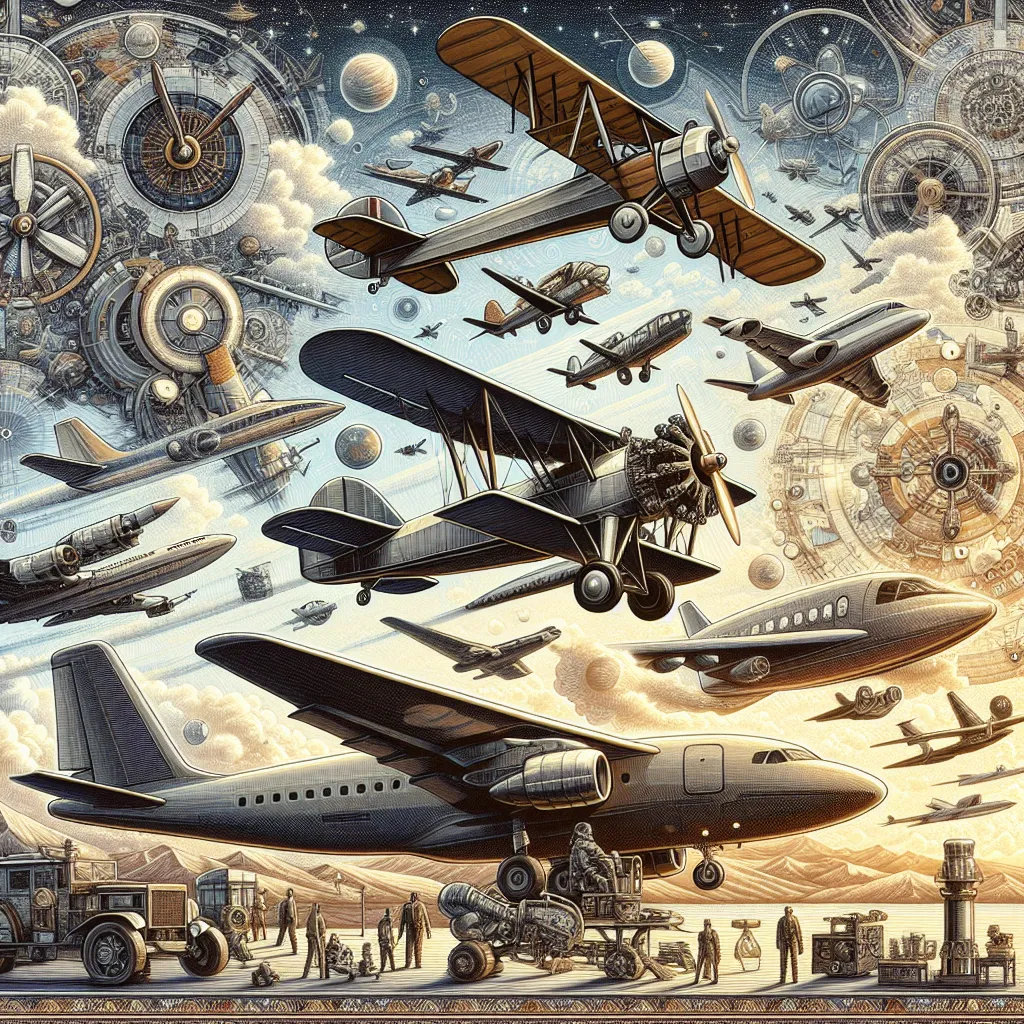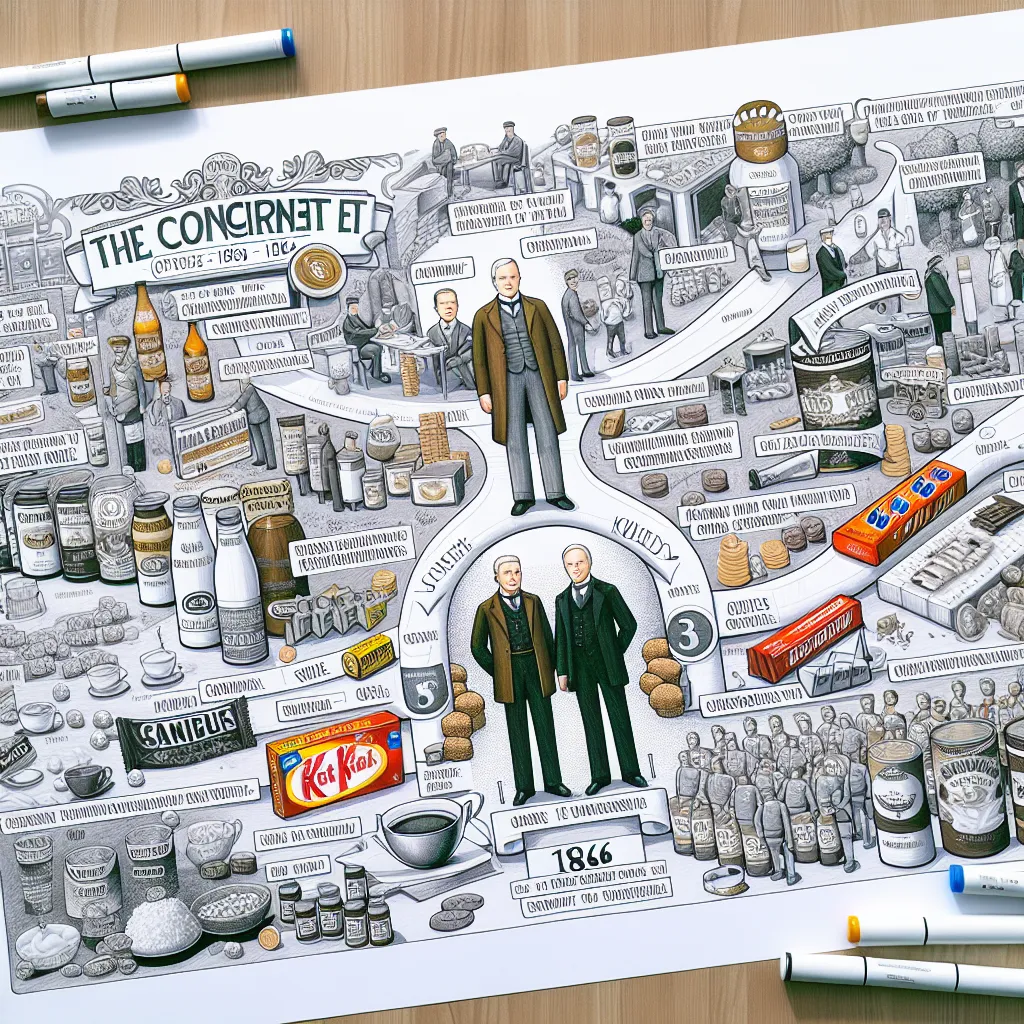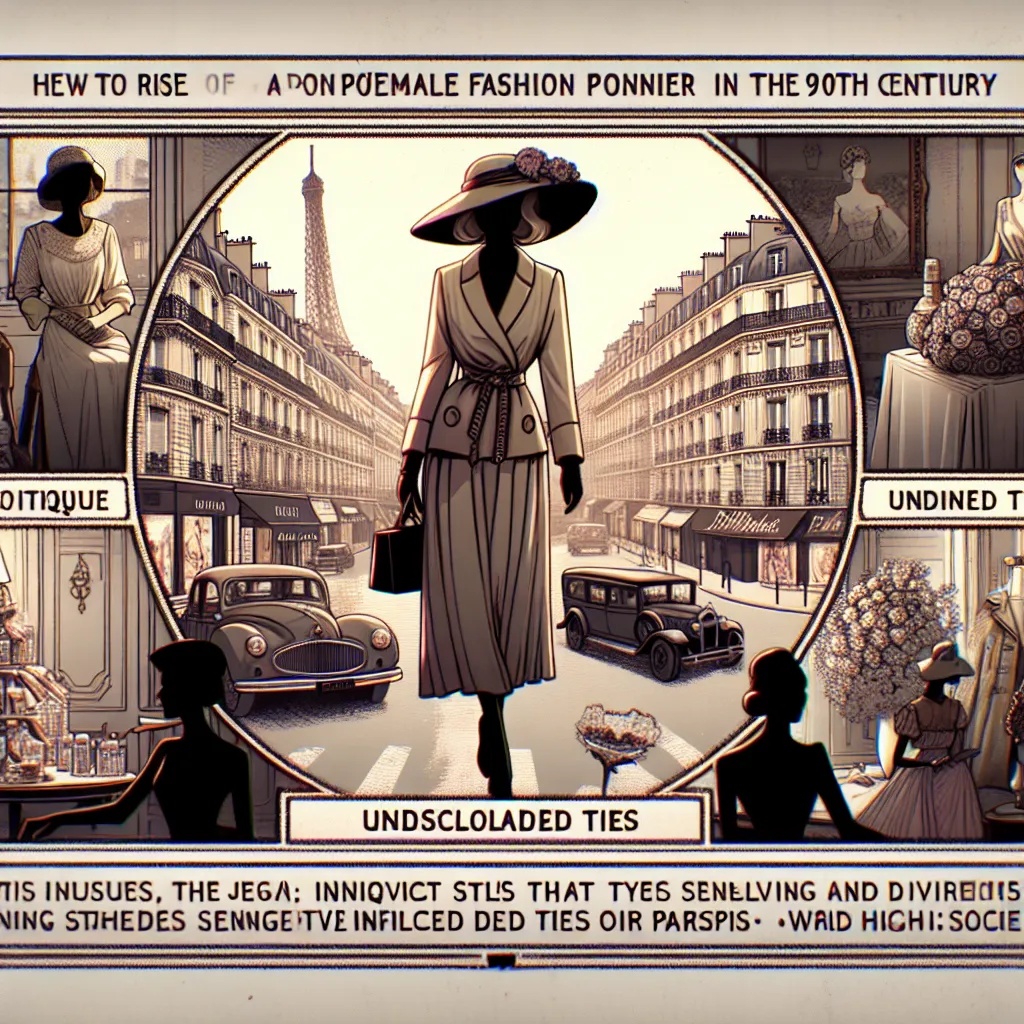Switzerland is famous for its watches, skiing, and incredible chocolate. But, its banking industry is what really sets it apart. Known for its secrecy and neutrality, Swiss banks hold a unique place in the world. However, this secrecy has a dark side. During World War II, Germany used Swiss banks to bolster their war efforts, and since the end of the war, we’ve uncovered the greed of these banking giants.
Switzerland never had the same expansion ambitions as France, the UK, or Germany. Instead, they focused on economic power and built a banking secrecy act to protect the anonymity of their clients. Their policy of armed neutrality kept them out of military alliances and conflicts. Switzerland’s stance dates back to their last war, Napoleon’s defeat. During World War II, surrounded by Axis and Allied countries, Switzerland took serious measures to avoid being pulled in, mobilizing almost a million soldiers to safeguard their sovereignty. They even interned anyone who breached their airspace, aiming to maintain strict neutrality.
Despite this, their neutral banking practices weren’t immune to criticism. Switzerland continued to accept gold from all nations, including Nazi Germany. After World War I, Germany struggled with reparations until Adolf Hitler took power in 1933 and stopped the repayments. Hitler started looting valuables from invaded countries, amassing over $550 million worth of gold, silver, collectibles, and fine art to fund the war. To utilize this looted wealth, he turned to neutral nations like Switzerland.
In 1940, Hitler became bolder, legalizing the appropriation of Jewish property. Despite the world’s awareness of Nazi atrocities, Switzerland still bought Nazi gold to maintain its neutral stance. Companies like Nestle continued business as usual, ignoring the horrors. Some Swiss companies, including those later forming Novartis, even sided with the Nazis by replacing Jewish board members with Aryans.
Switzerland also sealed their borders against Jewish refugees, with Jewish passports marked for easy rejection. While most Swiss citizens were unaware of these dealings, businessmen, bankers, and politicians couldn’t feign ignorance. After the war, attention turned to Swiss banks. Allies demanded the return of the Nazi gold. Initially resistant, Swiss banks eventually handed over $60 million, with further recoveries in 1962 and the late 1990s totaling a fraction of what was stolen.
The Swiss banks and companies eventually settled, paying over $1.25 billion to Holocaust victims globally. Despite this, many believe Swiss banks still haven’t accounted for all the unrecovered Nazi gold, especially from families that no longer exist. Neutrality came at a moral cost for Switzerland, which now holds over 25% of the world’s cross-border assets, totaling $6.5 trillion.
Switzerland’s story shows that even neutrality has a price. However, it seems to have been a small one for them in the end.






